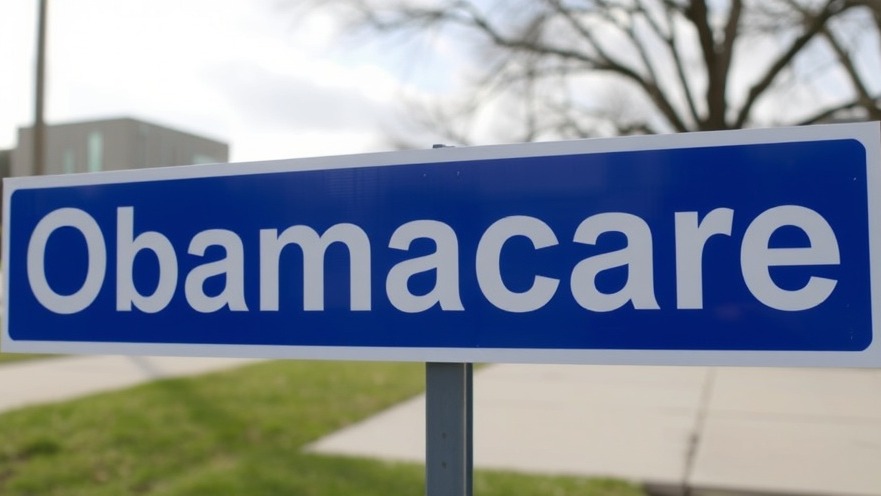
Potential Health Insurance Crisis in Texas
A recent analysis by health policy experts reveals a concerning forecast for health coverage in Texas: up to 1.7 million residents could lose their health insurance due to the changes in the Affordable Care Act (ACA) under a Republican tax and spending megabill. This development threatens to unravel gains made in health coverage in a state that already grapples with the highest uninsured rate in the nation.
Unprecedented Enrollment Boosted by ACA
In 2023, nearly 4 million Texans enrolled in ACA health plans—an all-time high since its inception. This surge in enrollment has significantly contributed to reducing the uninsured rate from 23.7% in 2010 to 17.4% in 2023. The ACA has particularly benefitted lower-income families, with approximately 2.5 million enrollees earning between 100% and 150% of the federal poverty level.
The Impact of GOP's Megabill on Insurance Coverage
As part of the GOP's funding measures, the expiration of enhanced premium tax credits—vital for lowering out-of-pocket costs—threatens to push many Texans back into the ranks of the uninsured. Furthermore, new bureaucracy, which complicates the enrollment process and shortens the open enrollment period to just a month, poses obstacles for those seeking coverage. Critics of this megabill note that these changes will disrupt the fragile equilibrium of the state’s health care system.
Healthcare System at a Breaking Point
The ramifications of these potential coverage losses extend beyond individual health outcomes. Texas’s health care infrastructure, particularly hospitals facing financial strain, could become further destabilized. Health policy director Cynthia Cox warns that these changes could lead to heightened premiums and financial turmoil, reminiscent of the consequences witnessed during the Great Recession.
A Closer Look at Texas's Medicaid Landscape
Texas has notably not expanded Medicaid under the ACA, which has left a significant coverage gap for low-income adults who do not qualify. In a state where most Medicaid recipients are children, the barriers faced by low-income adults seeking health insurance are stark. This absence of Medicaid expansion intensifies the importance of the ACA in filling these voids.
The Cycle of Healthcare Vulnerability
Studies indicate that changes to the ACA, alongside the new bureaucratic adjustments from the GOP's bill, could lead to an increase in uninsured rates rivaling the losses seen during nationwide economic downturns. Advocates for health reform argue that this wave of disqualification and loss of coverage will fuel a cycle of healthcare vulnerability among Texans who are already navigating a precarious economic landscape.
Future Trends: Implications and Opportunities
Looking ahead, the political landscape surrounding healthcare policy in Texas is shifting. With major elections looming in 2025, the discontent around these changes may influence voter sentiment. Policymakers could face increased pressure to address these critical issues, especially as citizens vocalize their growing concerns over access to affordable health care.
Call to Action: Stay Informed
As Texas residents face these potential changes to their health coverage, it’s crucial to stay informed about local health care policies and how they may impact personal health and family finances. Engaging with local representatives and sharing concerns can play a pivotal role in advocating for favorable healthcare policies. Knowledge and action can empower communities to voice their needs effectively.
 Add Element
Add Element  Add Row
Add Row 



Write A Comment